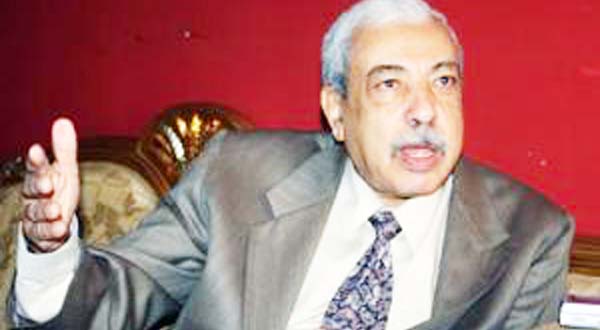 CAIRO: Minister of Interior Mansour El-Essawy disbanded the long-feared state security police on Tuesday barely 10 days after taking office on a pledge to restore public confidence, state media said.
CAIRO: Minister of Interior Mansour El-Essawy disbanded the long-feared state security police on Tuesday barely 10 days after taking office on a pledge to restore public confidence, state media said.
"Minister of Interior Mansour El-Essawy decided today to cancel all administrative branches and offices of State Security in all the republic's provinces," the official MENA news agency reported.
El-Essawy also decided to establish a new security arm, called National Security, that would be restricted to "guarding the domestic front and battling terrorism," it reported.
Officers will be selected in the coming days to staff the new apparatus, MENA added.
The security branch, which was empowered to conduct emergency trials, was widely despised and its officers accused of committing torture.
Egyptian protesters stormed several state security buildings early this month to retrieve files kept on the population by the powerful regime apparatus long accused of human rights abuses.
Protesters who forced the ouster of president Hosni Mubarak in February have repeatedly called for the abolition of the State Security Investigations, or SSI, which has at least 100,000 employees and a large network of informants.
Egypt's newly appointed Prime Minister Essam Sharaf had vowed to reform the dreaded security apparatus as he addressed thousands of people in Cairo's Tahrir Square, the focal point of the protests that toppled Mubarak.
"I pray that Egypt will be a free country and that its security apparatus will serve the citizens," Sharaf said, as thousands chanted "the people want the end of the state security."
Mubarak resigned on Feb. 11, handing power to a military council that has vowed to pave the way to a free and democratic system, pledging to bring to justice all those found guilty of abuse.
Activists say that while torture was once reserved for political prisoners and terrorism suspects, it became widely practiced even on suspected petty criminals.



